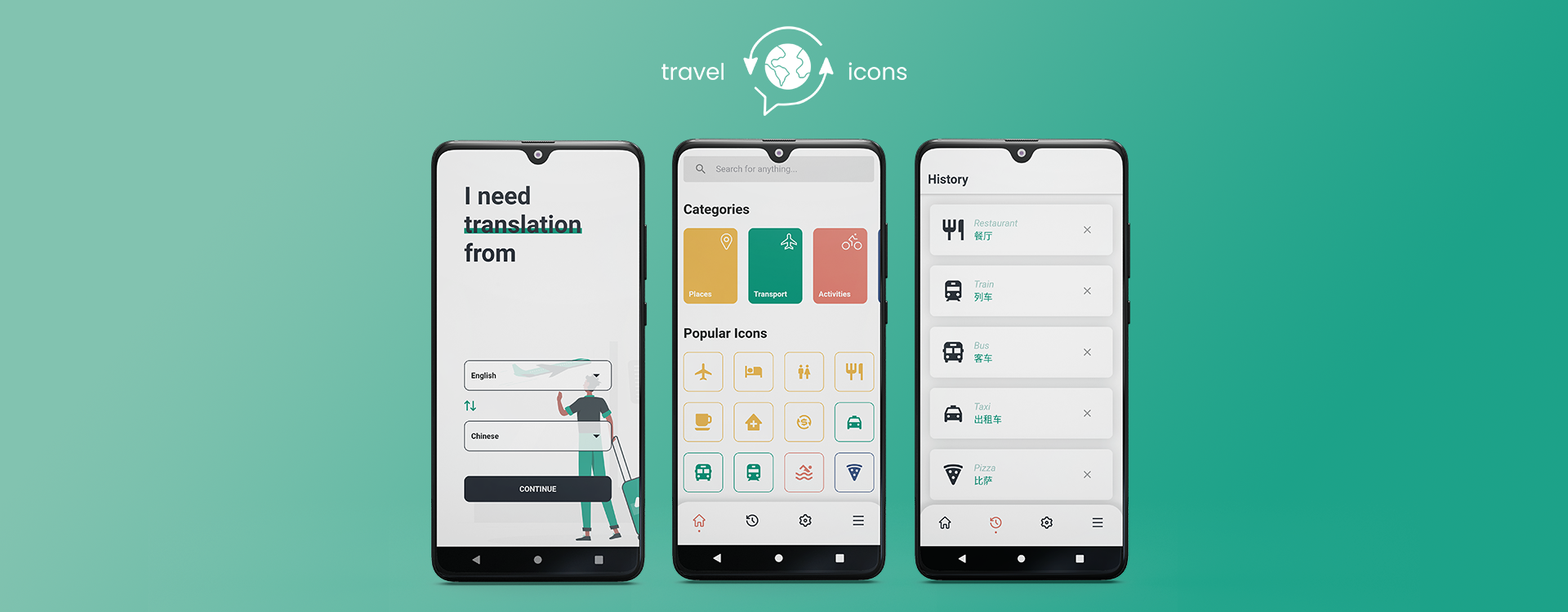Choosing the right partner to build your custom software development solution is critical to the success of the project. Moving your business forward with custom-written software requires working with an exceptional partner. Building outstanding software requires a particular culture and skill set. We have put together eight things we think you should consider when selecting a partner for your bespoke software project.
1. Communication is the core.
Above all, being able to communicate effectively with your partner will be central to the success of your custom software project. Communication extends way beyond just having a common language. Firstly, your partner needs to be responsive and available to you. Secondly, they need to be actively trying to understand your business, both the challenges and opportunities. To gain this understanding, they should be curious. They’ll be asking insightful questions, not just proposing boilerplate solutions. Finally, they should be able to demonstrate that they have an Agile methodology where you and your partner can formally plan and review the project throughout its lifecycle.
2. Look at past projects.
The best predictor of future performance is past performance. Generally, your partner should have a demonstrable track record of working on projects of a similar scale and scope to the work you want to be done. Their website should showcase concrete examples of software solutions that they have built. Notably, they should be proud to tell you all about their past work on successful custom software development projects. They should also have worked with customers who have similarities to your business. While the match doesn’t have to be perfect some overlap in a past project will be useful. Your partner having experience of a company of your size, location, and industry sector may make it easier for them to understand how your company works. Consequently, this leads us to point #3.
3. Hear from past customers.
Ask for direct testimonials from customers. If you can, ask them a few questions directly. Explore your partner’s technical capability, communication style, adherence to deadlines and budgets, and their ability to problem-solve. Probe with your questions. Generally, people are happy to share their experiences. Ordinarily, your prospective partner will only offer up satisfied customers, and so you need to use point #4.
4. Find an impartial view of your prospective partner.
Sites like cluch.co offer a detailed assessment of many businesses. Having an unfiltered and comprehensive view of your potential partner is priceless. The overview of the company also allows you to have an objective insight into the company focus and capability. Look beyond the review. For instance, has the company been selected as a regional stand-out? Have they won awards? The experience in delivering an industry-wide comparison is these site’s bread-and-butter. In short, in areas where your experience may be limited, this is an excellent addition to your selection toolkit.
5. Can you see evidence of a happy team?
Your project may last a while, and you may need support after the project is delivered. A company that looks after its staff will have longer tenures than companies that treat their staff as disposable. While you won’t get a full view, try to see if their Careers Page shows a commitment to building a long-term, happy team. Especially, look at the culture and benefits to see if they stand out to prospective hires and are attracting the best talent. Generally, a company that attracts the best talent and keeps that talent engaged will be able to deliver outstanding software. If you can have a visit to the partner’s office that will give you a first-hand opportunity to get a feel for the environment. If possible to speak to developers you may work with in the future to gauge their engagement levels.
6. Technical capability.
While your partner’s past projects will give you some idea of their abilities, you’ll need to assess their technical capability in more detail. Firstly, do your research. Speak to a range of technical people about your project and build up a vocabulary and question set. You’ll be much more prepared for your meetings with a prospective partner. The more informed you are before the meeting, the better it will go for you. If you can take a person with relevant technical capability into the meeting with you, that can be exceptionally valuable.
Once in the meeting, ask questions, and followups for clarifications. Keep asking for an explanation in terms that you understand. A partner that can’t clearly explain the concepts and technology to you may not understand those concepts fully themselves. A flood of jargon with no sense behind it should be a significant red flag.
Some valuable questions to ask can include:
- What back-end and front-end technology will be used? Why are those choices appropriate for the project as opposed to other technologies?
- Where will the application be hosted?
- How does the partner maintain the highest code quality standards?
- As you slowly hire and build your in-house development team, how will the partner ensure a smooth handover?
- “I predict 100k users will sign up within the first month, how will the app be able to handle the load?”
- “What measures will you take to ensure I will be able to scale to 1 million users?”,
- “Using my app requires collecting a lot of details upon sign up, what’s the best way to minimise user drop out?”
7. Project management methodology.
The jury is in, and the Agile approach to building software is the clear winner. Agile is an iterative approach to application development. You’ll be able to see, test, and comment on working versions of your application at regular intervals throughout the project. This allows you to have confidence in the progress of the project, rather than receiving an unsatisfactory product at the end of the project when your time and budget are expended.
Therefore, only work with partners who embrace and evangelise Agile. Take the time to understand how Agile works, and find a partner that will work with you to build your understanding of Agile. An effective Agile partnership is your best chance of success. As a rule, look for proof that your partner has Agile at the core of how they deliver custom developed software solutions.
8. Always learning.
Finally, a company that is involved in the technology ecosystem is likely to be able to offer you the latest solutions. Look for a company that is involved in industry organisations, ongoing education programs, individual staff development initiatives, and is active in the local technology community. As a rule, the world of technology is continuously evolving, and only companies that are wired into this can ensure you benefit from these changes.
And finally.
In summary, the best custom software development projects come from a healthy partnership between the client and the developers. Choosing your development partner wisely at the start of the journey gives you the best possible chance of a successful outcome. For the most part, if you follow these eight steps, you are well on the path to transforming your business.







